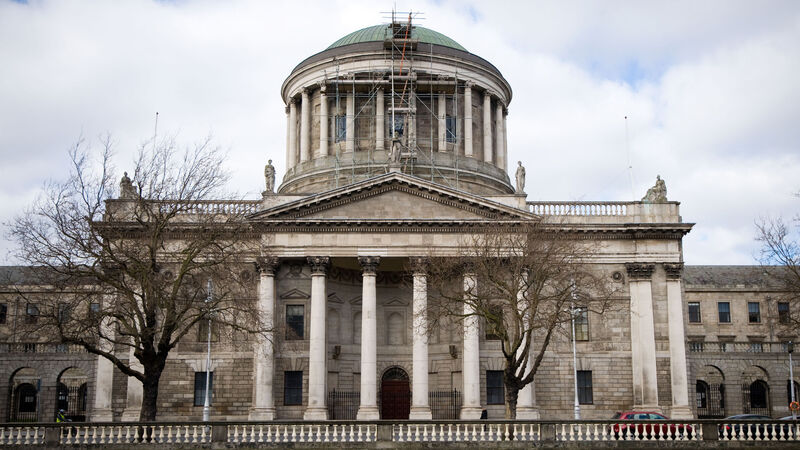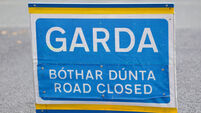State to contest asylum-seeking family’s challenge over transfer to 'roofless cubicle'

Mr Justice O’Moore scheduled a hearing of the family’s application, seeking injunctions to last until the main trial of the case, for November 15. File picture
A South African family was transferred from a hotel in Co. Wicklow last month in circumstances where the State’s international protection accommodation system is facing “unprecedented pressure”, the High Court has been told.
David Conlan Smyth SC said the State parties will contest the asylum-seeking family’s proceedings, which allege a decision to transfer them to a hotel in Co. Mayo came without proper warning, was “irrational” and breached their rights under the Constitution and the European Convention on Human Rights.











